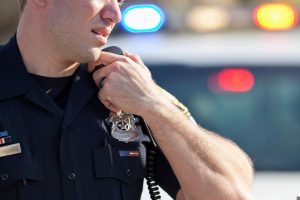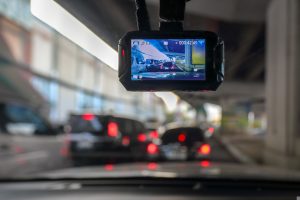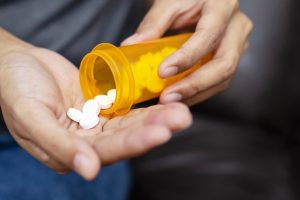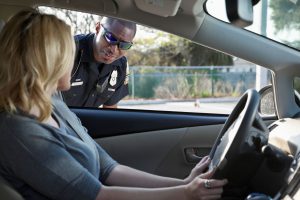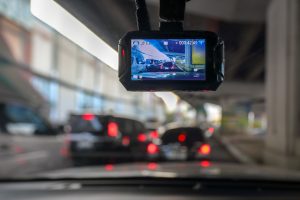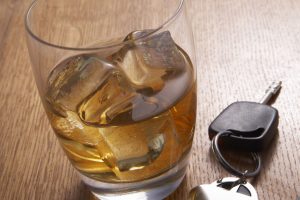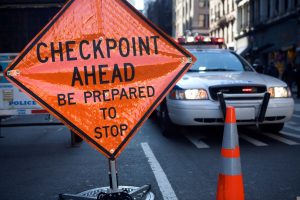 Getting arrested for DUI in Broward County can be a frightening experience. Your mind races with questions: Will I lose my license? Can I keep my job? What happens next? As a Fort Lauderdale criminal defense attorney who has represented countless DUI clients, I can tell that worry is completely normal – but spiraling won’t help. But what you do in the first 24 hours after your arrest can impact the outcome of your case.
Getting arrested for DUI in Broward County can be a frightening experience. Your mind races with questions: Will I lose my license? Can I keep my job? What happens next? As a Fort Lauderdale criminal defense attorney who has represented countless DUI clients, I can tell that worry is completely normal – but spiraling won’t help. But what you do in the first 24 hours after your arrest can impact the outcome of your case.
The 10-Day Window: Your License Is at Immediate Risk
Here’s what most people don’t realize when they’re released from jail: the clock is already ticking on your driver’s license. Under Florida Statute 322.2615, you have only 10 days from the date of your arrest to request a formal review hearing with the Department of Highway Safety and Motor Vehicles (DHSMV). Miss this deadline, and your license will be automatically suspended.
This administrative suspension is completely separate from any criminal charges you’re facing. Even if you’re ultimately found not guilty in criminal court, failing to request this hearing within 10 days means losing your driving privileges. In Broward County, where public transportation is limited and most people depend on their vehicles for work, this can be devastating.
During those first 24 hours, one of your top priorities should be contacting an experienced DUI attorney who can immediately request this formal review hearing on your behalf. The hearing gives you an opportunity to challenge the suspension and, in many cases, obtain a hardship license that allows you to drive for work and other essential purposes.
Protect Your Right to Remain Silent
In the moments or hours following your release, you may feel compelled to explain yourself—to the arresting officer who calls with follow-up questions, to investigators, or even to friends and family on social media. Don’t.
Anything you say can be used against you in court. That social media post about “only having two beers” or your detailed explanation to a friend via text message can become evidence for the prosecution. It doesn’t matter if your social media page is private or the person your texting is your best friend. These can be accessed via subpoena. Law enforcement officers are trained to build cases, and seemingly casual conversations can provide them with ammunition.
You have a Fifth Amendment right against self-incrimination. Exercise it. Politely decline to answer questions without your attorney present. This isn’t about appearing guilty—it’s about protecting your constitutional rights.
Document Everything You Remember
While you shouldn’t discuss your case with others, you should write down everything you remember about your arrest while the details are fresh. Your attorney will need this information to build your defense.
Document the following:
- Where you were coming from and where you were going
- What you ate and drank that evening (including times and quantities)
- The reason you were pulled over
- Everything the officer said and did during the stop
- The field sobriety tests administered and any physical conditions that might have affected your performance (injuries, medical conditions, footwear, road conditions, weather)
- Whether you were read Miranda rights and when
- The conditions at the breath test facility
- Any witnesses who were present
Don’t rely on your memory weeks or months from now. Create a detailed timeline as soon as possible — while these facts are still clear in your mind. If you haven’t already met with your attorney, have this information ready when you do.
 Fort Lauderdale Criminal Attorney Blog
Fort Lauderdale Criminal Attorney Blog




